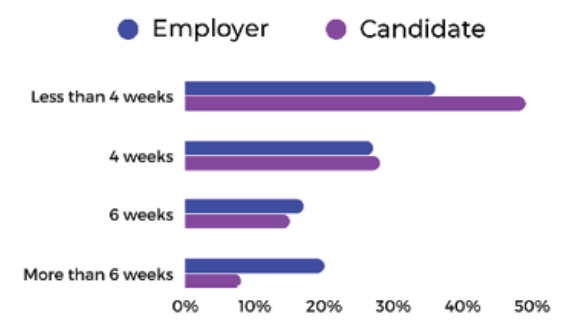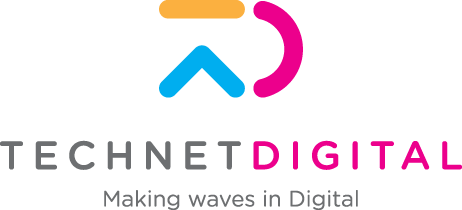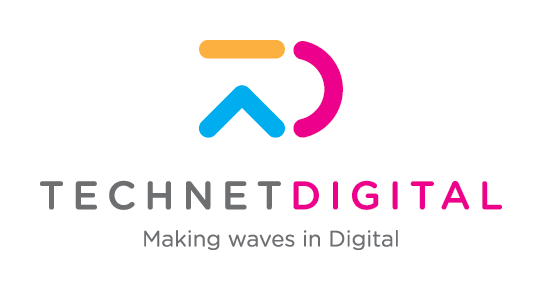
Digital Recruitment: What do candidates expect from the process?
What do candidates expect from the digital recruitment process in 2023? Within the digital world, bright talent is in abundance. This means you need to have a competitive edge to attract the very best. In particular, candidates are very particular about what they want. The role needs to be a complete match for them, from a salary perspective and workplace happiness too.
In our 2023 digital salary survey & insights report, we thought it was important to ask digital professionals what they expect from the digital recruitment process. These insights are invaluable in helping you streamline your hiring process. From the time taken to hire to what candidates feel is their deciding factor, we reveal all!
How long should the digital recruitment process take?
We asked our respondents how long they felt the recruitment process should take – from the application to receiving the job offer. To see if senior leaders in the digital industry agree, we posed the same question to them. Here’s what we discovered…

As we can see, there doesn’t seem to be a full agreement between employers and candidates. Almost half of the candidate responses expect the process to take less than 4 weeks. Meanwhile, more of the employer respondents believe a hiring process could take 6 weeks or more. It is important to set expectations of the process length to keep candidates engaged. If another process is moving along quicker than yours, candidates might be swayed toward this role.
What would discourage candidates from pursuing a role further?
The recruitment process is a customer journey…it’s as simple as that. A candidate who applies to a role is not immediately sold on it – the journey is just getting started. We have mentioned already that candidates are more selective in 2023. They want a salary, a work-life balance and a job satisfaction that you need to show you can offer. Nurturing talent does not come easy. However, these insights might give you some food for thought when planning your next recruitment strategy.
- Poor communication (57%): You need to communicate at every stage of the process. From salary negotiations to updating candidates on their progress, keeping them in the know will make you stand out for the right reasons.
- Salary changes/poor negotiation (55%): Changing the salary later on in the process is a huge red flag for candidates who have applied. They did so with the specific salary in mind. So, why would they continue if it suddenly changes? We understand that budgets can change, but this needs to be communicated clearly. Engagement in the role will likely drop if salary negotiations go astray.
- Taking too long (55%): We have already covered this, so this reiterates how important it is to have a streamlined hiring process that does not go on for too long. Remember, you are likely not the only company the candidates have approached.
These are the top three choices from our respondents. Other answers included an unclear job spec (50%) and a culture clash (41%).
The deciding factor: how does a candidate choose between two digital jobs?
We have mentioned that candidates will likely be in several processes – or might even receive a counter offer from their existing company. Even if they don’t, they will not leave their current situation for less. Here are the top 5 answers from respondents when we asked what the main deciding factors are for them.
- More remote working opportunities: 57%
- Highest salary: 54%
- Best company culture: 54%
- More flexible hours: 44%
- Clear progression path: 33%
Looking for more digital recruitment insights?
The full 2023 report is full of exclusive insights that can help your recruitment process. Download a free copy today! If you would like to speak to the TechNET Digital team about upcoming hires and how we can support you, submit your vacancy – we look forward to working with you!





